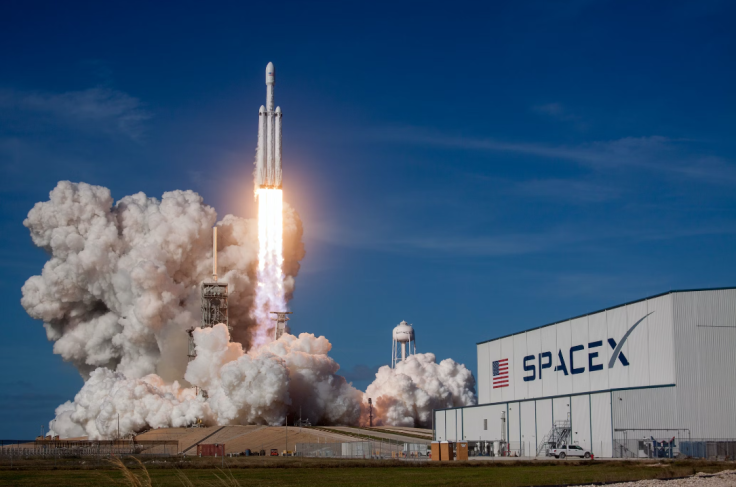Elon Musk, the trailblazing entrepreneur behind Tesla and SpaceX, is extending his innovative reach into the field of education.
Recent tax filings reveal a substantial $100 million donation from Musk to his charity, The Foundation, aimed at establishing a primary and secondary STEM school in Austin, Texas, with aspirations to evolve into a full-fledged university.

An Unconventional Curriculum
The Foundation envisions a curriculum that transcends traditional education models. The proposed educational institutions plan to blend formal instruction by seasoned faculty in subjects like mathematics, science, engineering, and physics with hands-on learning experiences. These experiences encompass simulations, case studies, fabrication/design projects, and labs, promising a dynamic and immersive educational journey.
Merit-Based Admissions and Financial Accessibility
In the initial stages, the school plans to admit 50 students, selected based on merit. A distinctive aspect of Musk's vision is the commitment to ensuring that financial constraints do not obstruct deserving students from attending. The tax filing explicitly states that the school aims to eliminate financial barriers, providing tuition and financial support to students based on available resources.
The financial backbone of Elon Musk's educational initiative hinges on a combination of donations and tuition fees. This funding model aligns with Musk's broader commitment to community-driven support and inclusive access to education. By relying on both external contributions and student fees, Musk seeks to establish a sustainable and community-driven educational ecosystem.
Elon Musk's venture into unorthodox education is not a new concept. In 2015, he established Ad Astra, now known as Astra Nova, a non-profit experimental school in California, situated on the SpaceX campus. Musk's dedication to providing his children with an unconventional educational experience underscores his belief in the effectiveness of hands-on, experiential learning.
From Silicon Valley to Texas
Musk's relocation to Texas in 2020 was accompanied by outspoken criticism of California's Silicon Valley and the San Francisco Bay Area. Citing their "outsized influence in the world," Musk moved both Tesla's headquarters and his residence to Austin. With this recent educational initiative, Musk is further embedding his presence in Texas, contributing significantly to the local educational landscape.
However, Musk's endeavors are not without controversy. Recent reports highlight his association with figures like Alex Jones, a controversial conspiracy theorist. Jones, banned in 2018 for abusive behavior and spreading false information, was welcomed back by Musk on the social media platform X, formerly known as Twitter. This association raises questions about Musk's responsibility in curating a responsible online space and the potential impact on his educational initiatives.
Austin's Educational Landscape: A Liberal Hub in a Conservative State
Austin, known for its liberal leanings within a predominantly conservative state, already hosts the University of Texas, a prominent public institution. Musk's proposed university will join this diverse educational landscape, alongside the recently established University of Austin (UATX), founded by right-wing journalist Bari Weiss. Designated as a degree-granting institution in October 2023, UATX positions itself as a champion of "free thought" and an alternative to perceived illiberalism in academia.
Elon Musk's plans to open a new university in Texas represent a pivotal moment at the intersection of education, innovation, and philanthropy. While promising an unconventional and inclusive learning experience, Musk's associations and decisions will undoubtedly fuel debates about the responsibilities tied to his influential role. As Texas emerges as a focal point for unique educational initiatives, the impact of Musk's vision on shaping the future of higher education in the state and beyond remains an unfolding story.
RELATED ARTICLE: Texas TikTok Ban Prevents Academic Freedom; Professors Unable To Pursue Studies About App
© 2026 University Herald, All rights reserved. Do not reproduce without permission.








